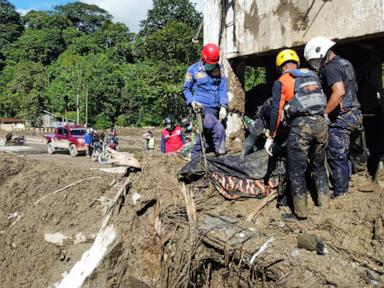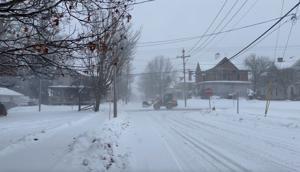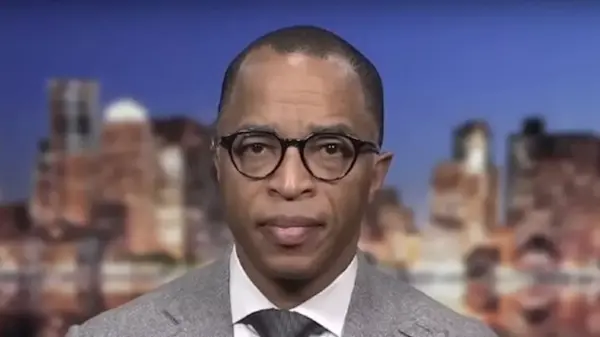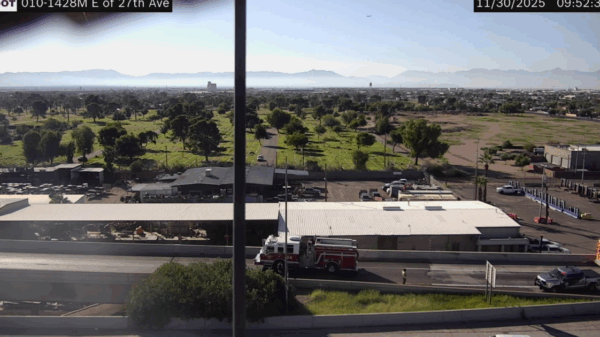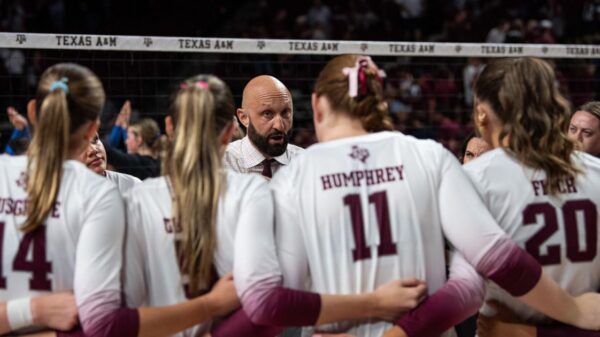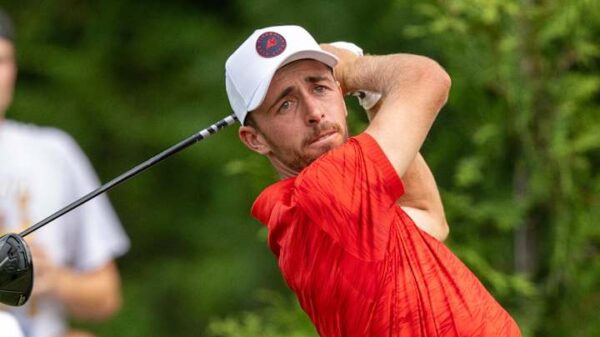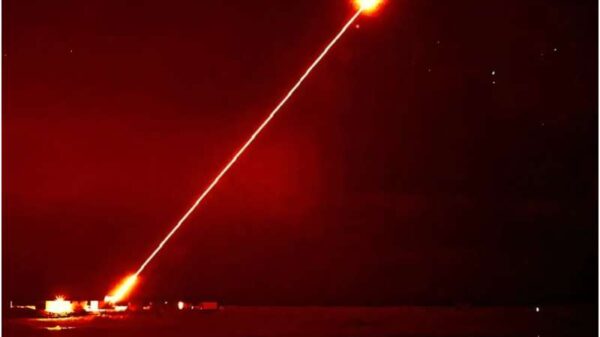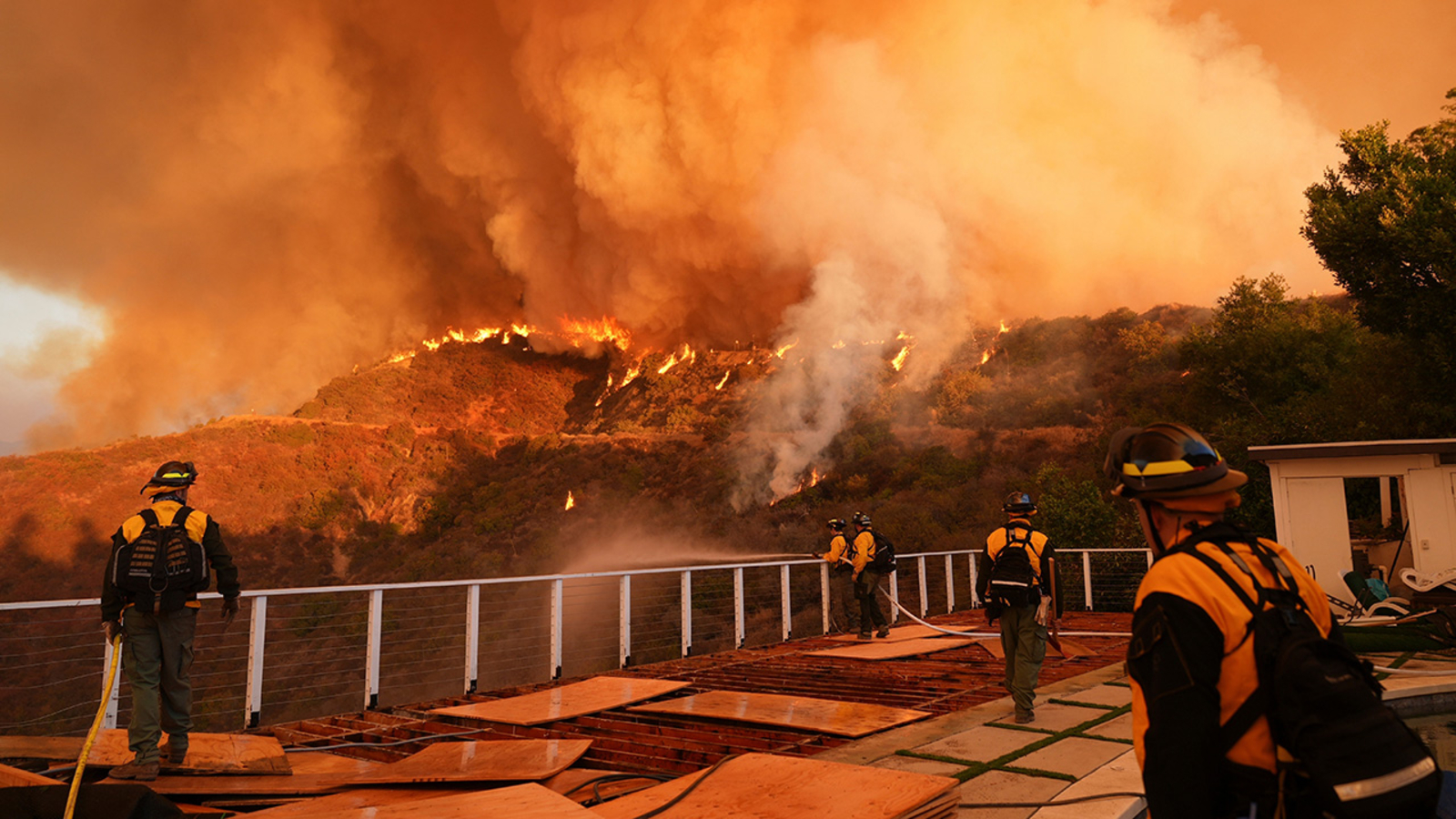URGENT UPDATE: New research reveals alarming health risks for firefighters who bravely battled the recent wildfires in Los Angeles during January 2023. As they fought to protect lives and homes, these frontline heroes inhaled toxic smoke, potentially jeopardizing their long-term health.
According to Dr. Jeff Burgess, a professor at the University of Arizona and director of the Fire Fighter Cancer Cohort Study, significant changes were detected in the blood of 42 firefighters from the Los Angeles Fire Department, Oxnard Fire Department, and the Orange County Fire Authority. Blood samples taken before the fires revealed concerning shifts in blood proteins linked to immune system function and inflammation just one week after exposure to the hazardous smoke.
“We know that there were some changes within the bodies of the firefighters based on this exposure,” Dr. Burgess stated. This research raises urgent concerns, as higher levels of inflammation could indicate an increased risk for serious health issues, including cancer.
Dr. Burgess emphasized the importance of ongoing research. He is seeking funding to retest these firefighters a year after the L.A. fires to assess whether these protein changes persist. “It doesn’t mean that these firefighters are going to get cancer, but it indicates they could potentially have a higher risk for that after these exposures,” he warned.
The implications extend beyond the firefighters themselves. As Dr. Burgess noted, “What does it mean for the rest of us who were also breathing in that smoke?” While he confirmed that inhaling such smoke is harmful for everyone, the risk is significantly greater for those on the front lines.
This urgent study underscores the critical need for enhanced health monitoring and safeguards for firefighters who face life-threatening conditions daily. The potential long-term effects of smoke inhalation on their health cannot be ignored.
As this story develops, further updates will shed light on the ongoing health assessments and the broader impact of these findings. Stay tuned for more information on what this means for the brave men and women who risk their lives to protect our communities.







